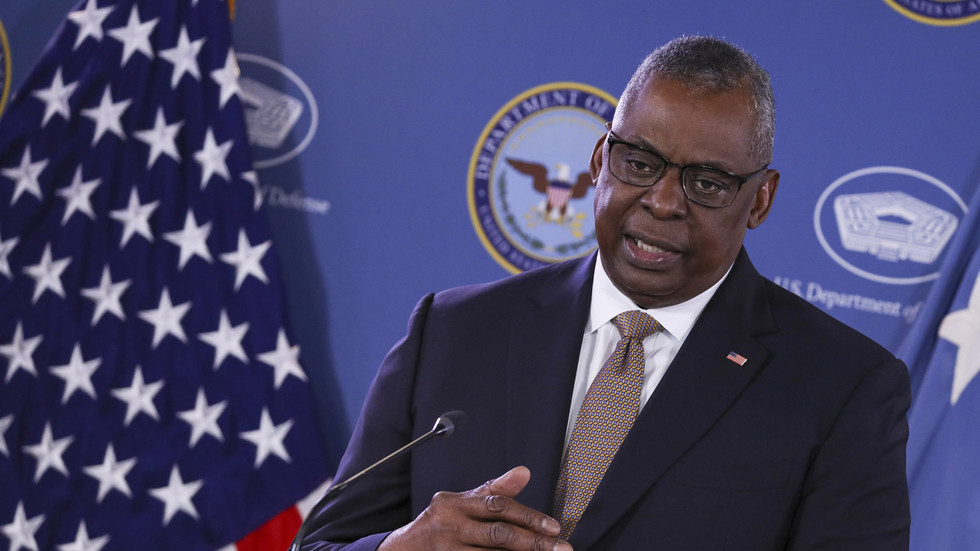- The men were arrested by the Commission for the Promotion of Virtue and Prevention of Vice
- All five have admitted to the charges of illicit seclusion with unrelated women, dancing and drinking
- A judge will decide the fate of the six women caught with the men
Published: 14:33 BST, 9 May 2014 | Updated: 16:26 BST, 9 May 2014
Five Saudi men have been sentenced to 32 years in prison and 4,500 lashes by a criminal court in Saudi Arabia - for holding a Valentine's Day party.
The law breaking men were caught at a rented rest house in the Al-Farouq area of Buraidah Qassim province and accused of holding a party with women who were unrelated to them, drinking and dancing.
Police from the Commission for the Promotion of Virtue and Prevention of Vice (CPVPV) rounded up the men with the help of security patrols for their offences along with six women on February 14.
Banned: Saudi men were banned from using camera phones for a time over fears that men would use them to secretly photograph women and publish them on the Internet without the consent of the subjects
The men have all admitted to the charges, which include illicit seclusion with unrelated women, dancing and drinking.
A judge will decide the fate of the six women.
The Commission for the Promotion of Virtue and the Prevention of Vice is the Saudi Arabian government's agency's religious police or mutaween (meaning pious) to enforce Sharia Law within the Islamic nation.
Altogether, it has 3,500 to 4,000 police officers who enforce a strict religious code among citizens.
Members patrol the streets checking dress code, strict separation of men and women, salat prayer by Muslims during prayer times, and other behavior it believes to be commanded by Islam.
The mutaween (CPVPV) are known for having full beards and wearing their headscarves (ghutrah or shemagh) loose without an agal and often come from Saudi Arabia's lower classes.
The body has widespread powers to detain and berate offenders and shut down businesses and are employed directly by the King. The organization's 2013 budget was the equivalent of US$390million.
In a separate case, Raif Badawi, a Saudi blogger recently fell foul of the authorities and faces ten years in jail, a thousand lashes and a million riyal fine for 'insulting Islam'.
Mr Badawi' was arrested in June 2012 and charged with cyber crime and disobeying his father - a crime in Saudi Arabia - in relation to his Saudi Liberal Network website..
The site included articles that were critical of senior religious figures such as Saudi Arabia's Grand Mufti, according to Human Rights Watch.
He had originally faced seven years in jail and 600 lashes, but an appeal court overturned that sentence and ordered a retrial.
Amnesty International called the new sentence 'outrageous' and said Badawi is a 'prisoner of conscience'. His website has been closed since his first trial.
King Abdullah: The King employs a religious police to enforce behaviour that goes against strict Islamic rule and this has even hit bloggers like Raif Badawi, right, who faces ten years in jail for insulting Islam
Citizens of Saudi Arabia are constantly encouraged to inform on others who break the law.
Punishment for many offenses is severe, often involving beatings and humiliation and foreigners are not excluded from arrest.
THE STRICT SHARIA LAW THAT MUST NOT BE BROKEN IN SAUDI ARABIA
The government-backed mutaween patrol the country to ensure that laws are upheld:
- They prevent the population from engaging in 'frivolous' Western customs such as Valentine's Day
- They ensure that drugs including alcohol are not being traded
- They check that women wear the abaya, a traditional all-enveloping black cloak
- They make sure that men and women who are spotted together in public are related
- They ensure women do not smoke in public
- A ban on camera phones was enacted in 2004 but later overturned that same year
Middle East ally: David Cameron receives a, honour from King Abdullah. Human Rights Watch says Saudi Arabia, a staunch ally of the West in the Middle East, has a long history of suppressing free expression
Philip Luther, director of the Middle East and North Africa programme at Amnesty International, urged Saudi authorities to quash blogger Badawi's conviction.
'The decision to sentence Raif Badawi to 10 years in prison and 1,000 lashes is outrageous,' he said.
Human Rights Watch said Saudi Arabia, a staunch ally of the West in the Middle East, has a long history of suppressing free expression.

 By Daily Mail (World News) | Created at 2024-10-29 18:16:19 | Updated at 2024-10-31 07:16:28
1 decade ago
By Daily Mail (World News) | Created at 2024-10-29 18:16:19 | Updated at 2024-10-31 07:16:28
1 decade ago



